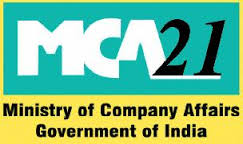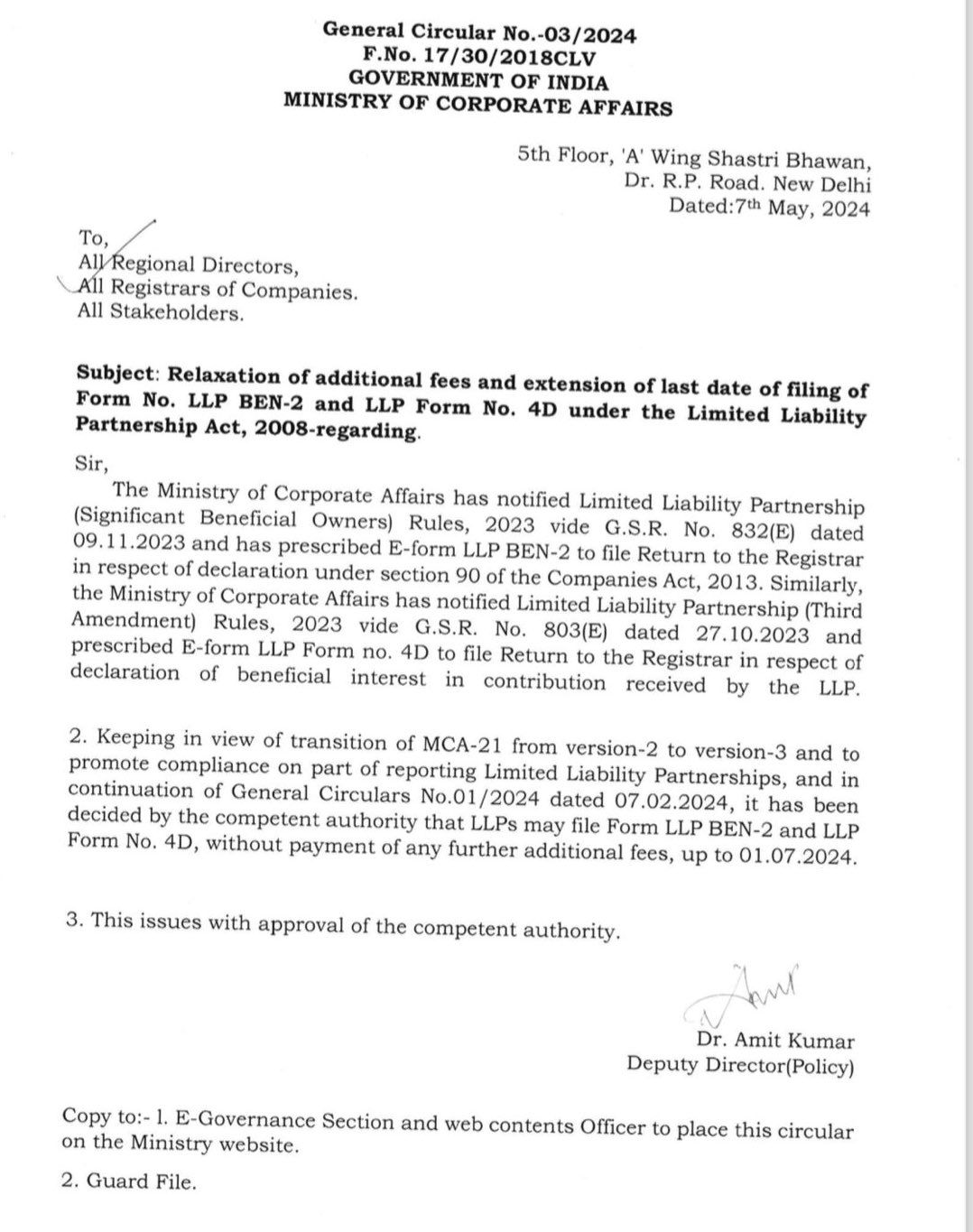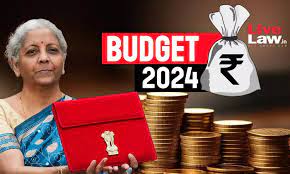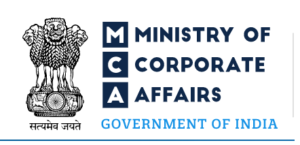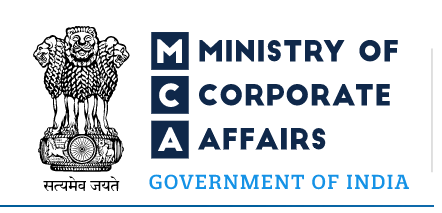
The 53rd meeting of the Goods and Services Tax (GST) Council was held on June 22 in New Delhi. Several recommendations were made at the meet to refine tax rates and service exemptions under the GST regime.
The meeting, chaired by Union Finance Minister Nirmala Sitharaman, deliberated on various proposals to streamline GST applicability across goods and services.
Many items were present on the agenda from this GST Council meeting. Further, before the GST Council meeting, the Union FM had a pre-budget consultation with various states and UTs. Union FM also clarified that as of 31st December 2023, less than 1.96% of GST taxpayers received the notices under GST (1,14,999 taxpayers).
Several measures were proposed to ease compliance and reduce litigation for taxpayers.
Here are the key highlights:
Ease of compliance burden of taxpayers
- Changes will be allowed in GSTR-1 going forward within same tax period: The GST Council approved implementing a functionality for a new form GSTR-1A that allows taxpayers to add/amend particulars of GSTR-1 of current tax period/IFF for 1st and 2nd month of quarter, that is missed out before filing GSTR-3B.
- Reporting B2C supplies in GSTR-1: The threshold for reporting Business-to-Consumers (B2C) interstate supplies invoice-wise in Table 5 of GSTR-1 will be reduced from Rs.2.5 lakh to Rs.1 lakh.
- GSTR-4 Due Date Revised: Extension provided to the due date for filing GSTR-4 by the composition taxable persons from the present 30th of April to 30th of June 2024 from FY 2024-25 onwards.
- TCS Rate Reduction: Electronic Commerce Operators (ECOs) had to collect Tax Collected at Source (TCS) at 1% (0.5% each under CGST and SGST/ 1% under IGST) on net taxable supplies under Section 52(1) of the CGST Act. It is recommended to reduce this to 0.5 % (0.25% under CGST and 0.25% under SGST/UTGST/0.5% under IGST).
- Compulsory filing of GSTR-7: GSTR-7 must be filed mandatorily even if no TDS is deducted, reported invoice-wise and no late fee will be charged for nil filing.
- GSTR-9/9A filing applicability: The filing of annual return in GSTR-9/9A for the FY 2023-24 would be exempted for taxpayers with an aggregate annual turnover upto Rs.2 crore.
- Modification to Section 16(4): The time limit to avail ITC for invoices or debit notes in any GSTR-3B filed up to 30th November 2021 (applicable for fiscal years 17-18, 18-19, 19-20 and 20-21) may be deemed to be 30th November 2021, which will apply retrospectively from 1st July 2017. Furthermore, Section 16(4) shall be relaxed where returns for the period from the date of cancellation of registration/ effective date of cancellation of registration till the date of revocation of cancellation of the registration, are filed by the registered person within thirty days of the order of revocation.
- Amendment to CGST Rule 88B: The GST Council has recommended not to charge interest on the amount available in the electronic cash ledger on the due date of filing GSTR-3B and is debited while filing the said return in cases of delayed filing of GSTR-3B.
- New Section 128A: GST Council has waived interest and penalties for demand notices issued u/s 73 of CGST (applicable for fiscal years 17-18, 18-19 and 19-20) for cases not involving fraud, suppression and misstatement. It is applicable to cases where the taxpayer pays the full amount in the notice by 31st Mar 2025.
- Changes in Section 73 and 74: A common time limit will be set for issuing demand notices and orders under both these provisions without differentiating cases as fraud/non-fraud. The time limit for the taxpayers to claim the benefit of reduced penalty, by paying the tax demanded along with interest, would be increased from 30 to 60 days.
- Monetary Limits set for GST Appeals: The recommended monetary limits for filing appeals by the department before these legal fora are Rs.20 lakh for GST Appellate Tribunal, Rs.1 crore for HC and Rs.2 crore for SC.
- Amending Sections 107 and 112: The maximum amount for pre-deposit for filing appeal before appellate authorities shall be reduced from Rs.25 crore under CGST and Rs.25 crore under SGST to Rs.20 crore respectively. Moreover, the amount of pre-deposit for appeal before the GST Appellate Tribunal has been reduced from 20% with a maximum amount of Rs.50 crores under CGST and Rs.50 crores under SGST to 10% with a maximum of Rs.20 crores under CGST and Rs.20 crores under SGST.
- Sunset Clause to amend Sections 109 & 117: Sunset clause to be added for anti-profiteering cases pending and decision taken to shift the hearing panel from CCI to principal bench of GSTAT. The GST Council has also recommended the sun-set date of 1st April 2025 for receiving any new application regarding anti-profiteering.
- Time limit to file appeals before the GSTAT: The GST Council recommended modifying Section 112 to provide a 3 months time for filing appeals before the GST Appellate Tribunal. It will start from a date yet to be notified by the Government, most likely to be announced by 5th August 2024 as this is the last date.
- New Section 11A: The new provision allows regularization of non-levy or short levy of GST, where tax was being underpaid or unpaid due to common trade practices.
- IGST Refund due to upward price revisions after exports: A mechanism is being introduced for claiming refund of additional IGST paid due to any upward revision in price of the goods after their export, helping taxpayers claim refunds for paying additional IGST due to such move.
- No refund of IGST in specific case: Where export duty is payable, IGST will not be refunded by modifying Sections 16 and 54. This applies for both exports and supplies to SEZ unit/developer with or without payment of tax.
- Biometric-based Aadhaar Authentication: Those applicants who have opted for Biometric based Aadhaar authentication conducted at the GST Suvidha Kendra will be rolled out for GST registration on all-India basis in a phased manner.
- DRC-03 Circular expected to be notified: A circular will be issued to prescribe a mechanism for adjusting any demand amount paid through DRC-03 against the amount payable as pre-deposit for filing GST appeal.
- Section 122(1B) to be amended: Amendment will apply retrospectively w.e.f. 1st October 2023, so as to clarify that the said penal provision is applicable only for those e-commerce operators, who are required to collect TCS u/s 52 and not for other e-commerce operators.
The GST Council announced several GST rate revisions and exemptions for goods and services, as listed below-
|
Particulars |
New GST Rates / Exemptions |
|
Extra Neutral Alcohol used for the manufacture of alcoholic liquor for human consumption |
Exempt |
|
Imports of parts, components, testing equipment, tools, and tool-kits of aircraft, irrespective of their HS classification, are used to boost the MRO activities subject to specified conditions. |
5% IGST |
|
Parts of Poultry keeping Machinery |
12% |
|
All milk cans (different materials), irrespective of use |
12% |
|
All carton boxes and cases of both corrugated and non-corrugated paper board |
12% |
|
All types of sprinklers, including fire water sprinklers |
12% |
|
All solar cookers, whether or not single or dual energy source |
12% |
|
Services provided by Indian Railways to common man for sale of platform tickets, cloak rooms, and battery operated car services are exempted, including intra railway supplies |
Exempt |
|
Service by way of hostel accommodation is currently not exempted if outside educational institution upon satisfying the conditions that the rent limit is up to Rs. 20,000 per person per month, and the service is rendered for a continuous period of 90 days |
Exempt |
|
Corporate guarantee if in case it is for services or goods where whole ITC is available |
Exempt |
|
Services provided by Special Purpose Vehicles (SPV) to Indian Railway by way of allowing Indian Railway to use infrastructure built & owned by SPV during the concession period and maintenance services supplied by Indian Railways to SPV |
Exempt |
|
Imports of specified items for defence forces |
IGST is exempt for five years till 30th June 2029 |
|
Imports of research equipment/buoys imported under the Research Moored Array for African-Asian-Australian Monsoon Analysis and Prediction (RAMA) programme subject to specified conditions |
IGST is exempt |
|
Imports in SEZ by SEZ Unit/developers for authorised operations with effect from 1st July 2017 |
Compensation Cess is exempt |
|
Supply of aerated beverages and energy drinks to authorised customers by Unit Run Canteens under the Ministry of Defence |
Compensation Cess is exempt |
|
Import of technical documentation for AK-203 rifle kits imported for the Indian Defence forces. |
Ad hoc IGST exemption provided |
These measures aim to streamline the GST compliance process, provide clarity on various issues, and ensure consistency across the GST framework. The recommendations will be implemented through relevant circulars, notifications, and law amendments.
Source:
